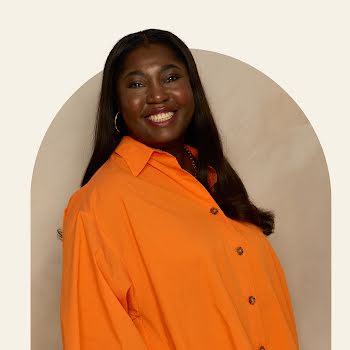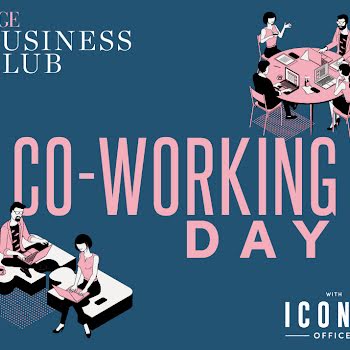
By IMAGE
28th Apr 2015
28th Apr 2015
An intriguing new study has explored our relationship with weight loss online. As you can probably imagine, it’s not pretty. When it comes to Google searches, the lack of body positive language is overwhelming. Bulimia.com, as the name suggests, is a site that hopes to help and inform both men and women on all manner of eating disorders. They made use of Google Trends to paint a picture of how we’re operating online when it comes to our physical appearance, the weight loss terms most used on Google in the US in particular. They monitored America’s Google habits for 12 months.
Putting the actual words aside for one moment, it was interesting to learn that people seem to go hell for leather on weight loss searches at the beginning of the year, which is precisely the time our resolutions (all of which last about a month) kick into gear. Worryingly, ‘how to lose weight fast’ was Googled 80% more than ‘how to lose weight’, suggesting that Americans (and probably us too) are willing to go to any lengths if it means we’ll kick the gut post Christmas. Men are much less concerned than women, it appears, as ‘how to lose weight fast for women’ trumped the same search for our male counterpart.
In positive news, it seems we are moving towards the idea of ‘strong not skinny’ versus the ‘nothing tastes as good as skinny feels’ notions that were popular a few years back. ‘Fitness’ as a search term was on a level playing field with thinness.
On the flip-side, however, demonstrating the continued prevalence of the ‘Pro-Ana’ culture, their study found that this anorexia nervosa nickname was searched for 450,000 individual times, along with ‘thinspo’ and ‘pro ana tips’.
What do you look for on the internet when it comes to health and fitness? Do you feel we are making progress when it comes to body image or do you feel it’s all still largely unhealthy? Certainly, all of the realistic advertisements from the likes of Dove, Nike and Dear Kate have helped women everywhere become more accepting of their bodies and even in the modelling industry, we’re noticing a definite shift away from the overly photoshopped images of days gone by.























